|
|
|
|
The involvement of women and girls in terrorist attacks has attracted increased interest in East Africa. This is because they have been identified as able recruiters for the Somali-based Al-Shabaab as well as masterminds of deadly attacks, enablers in logistical planning, financial transactions and espionage. Fathima Azmiya Badurdeen explains what’s behind the willingness of women and girls in Kenya’s coastal region to join the terrorist group. While the gender-dynamics of submission and subordination within families and the community play a part, there are also political and ideological motivations.
Clashes in Mogadishu between protestors and government forces underscore heightened tensions about delays in holding elections in Somalia. Mohammed Ibrahim Shire looks at what’s holding up the polls, and what light there is at the end of the tunnel.
In the award of child custody, the chief consideration should be what’s in the best interest of the child. But this doesn’t happen in many cases in Nigeria. As Lorretta Favour Chizomam Ntoimo explains, the country’s plural legal systems – customary and religious – put the rights of men ahead of children and women. The result is that in custody cases decided by the customary and religious courts, custody is mostly granted to fathers, disregarding the interest and welfare of children.
Facebook has blocked access to news websites for its Australian users in response to legislation that aims to force it to bargain with publishers. The blocked content includes articles produced by The Conversation Australia, but the impact is being felt by all Conversation sites, including The Conversation Africa. We urge you to continue reading our work on our website and sharing it through email or other social media.
|
Julius Maina
Regional Editor East Africa
|

|
|
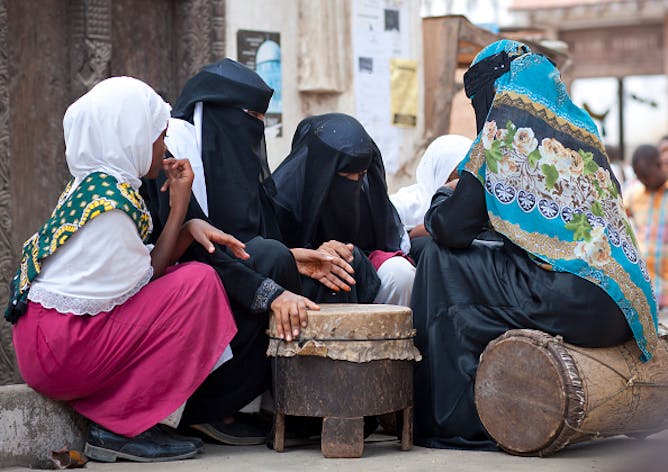
Muslim women and children in Lamu in north east Kenya. Al-Shabaab’s recruitment of female members is most evident in coastal and north eastern counties.
Photo by Eric Lafforgue/Art in All of Us/Corbis via Getty Images
Fathima Azmiya Badurdeen, Technical University of Mombasa
Women's motivations for joining terrorist networks belie Kenyan media accounts of naive girls manipulated through romantic notions of Jihadi brides or wives.
|
|
|

Mohammed Ibrahim Shire, University of Portsmouth
The current tensions have been driven by a delay in elections.The only feasible solution is to ensure that they take place.
| |
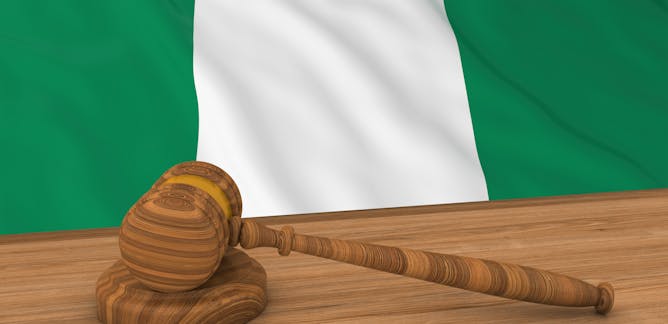
Lorretta Favour Chizomam Ntoimo, Federal University, Oye Ekiti
Countries where traditional laws exist must uphold children's rights and push for their best interest.
|
|
|
Science + Technology
|
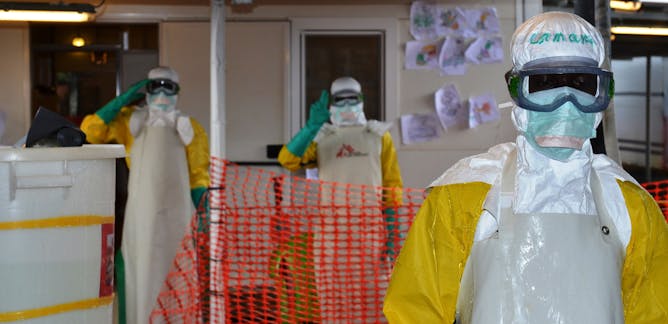
Jacqueline Weyer, National Institute for Communicable Diseases
The virus is always present in nature and when circumstances allow, it may jump from one species to another.
| |
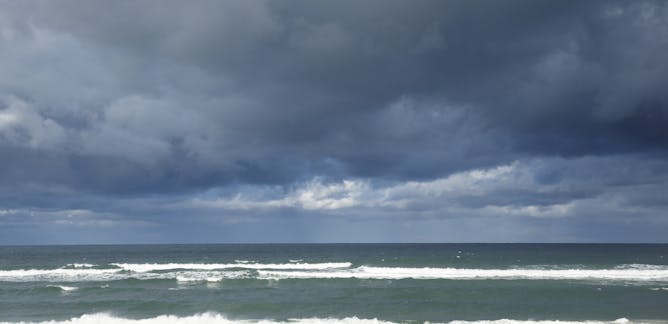
Hyacinth C. Nnamchi, GEOMAR Helmholtz Centre for Ocean Research Kiel
With research that offers new insights, there is increased hope for improved climate predictions and better preparation for severe weather conditions.
|
|
|
Arts, Culture + Society
|

Dylan McGarry, Rhodes University
With the community, the group of theatre-makers and academics created a play that could also serve as a policy brief on what's missing from the battle to reduce drug use in Durban.
| |
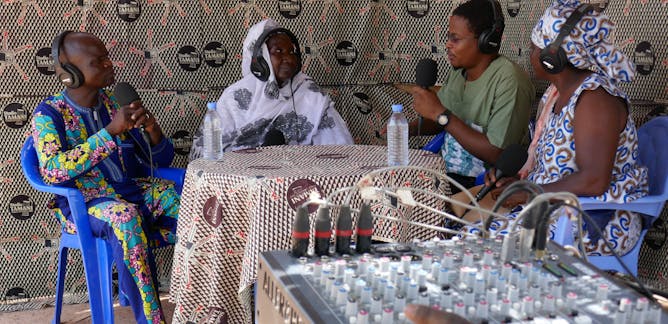
Emma Heywood, University of Sheffield
Empowerment can mean different things for different women, but access to information is key. In Mali radio is the main source of information.
|
|
|
From our international editions
|

Anne Moore, University College Cork
While some of the authorised COVID-19 vaccines are grown, others are built.
| |
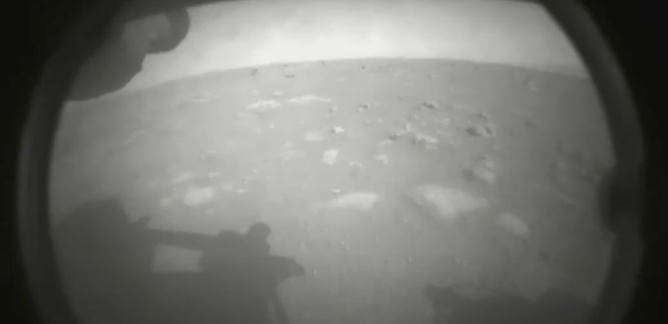
Jim Bell, Arizona State University
NASA's Mars 2020 mission has arrived and landed the Perseverance Rover on the red planet. The rover's goal is to collect rock and soil samples to be brought back to Earth in the future.
|
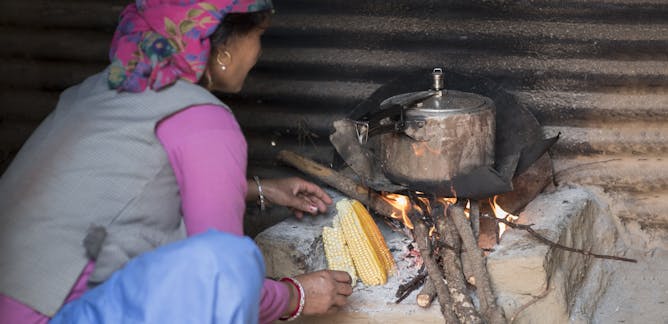
André Neto-Bradley, University of Cambridge; Rishika Rangarajan, Indian Institute for Human Settlements (IIHS)
What is the best way to help families sustain transition to clean cooking methods? Research in Bangalore, India offers some answers.
| |
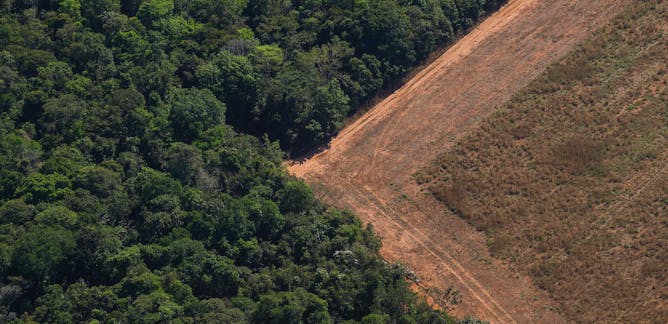
Hollie Booth, University of Oxford
The pandemic has brought humanity’s strained relationship with nature into sharp focus.
|
|
|
En Français
|
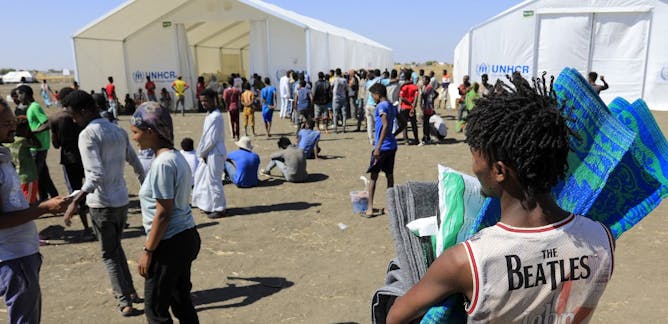
Eugène Bakama Bope, Université de Lubumbashi
Le blocage de l’aide humanitaire est une violation du droit international. Tout pays qui s’en rend coupable s’expose à une panoplie de sanctions.
| |
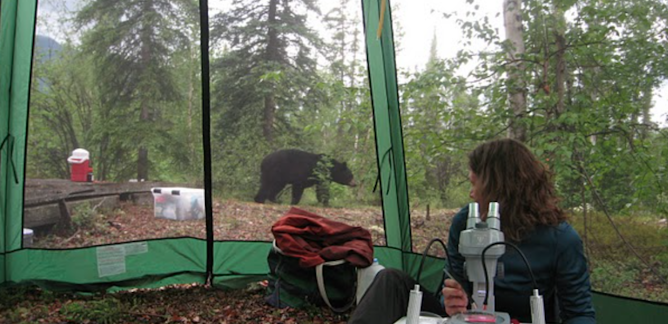
Claire Loiseau, Universidade do Porto
De l’Alaska au Golfe de Guinée, une écologue évoque ses missions de terrain et ses recherches sur les impacts des activités humaines sur les oiseaux et leurs pathogènes.
|
|
|
| |
Featured events
|

|
Centre for Human Rights, Faculty of Law, University of Pretoria, Pretoria, Gauteng, 0002, South Africa — University of Pretoria
|

|
Future Africa, Hillcrest Campus, South Street, Pretoria, Gauteng, 0084, South Africa — University of Pretoria
|
|
|
|
| |
| |
| |
Would you like to republish any of these articles?
|
|
It’s free to republish, here are the guidelines.
Contact us on africa-republish@theconversation.com in case you need assistance.
|
| |
| |
| |
| |
|
|
|
|
|
|
|